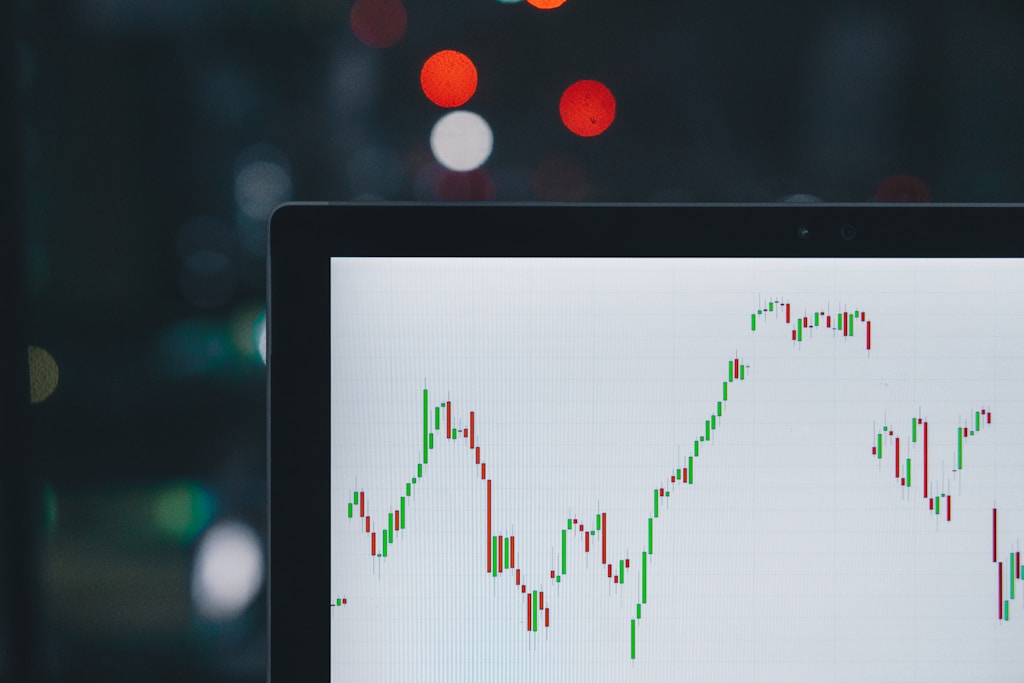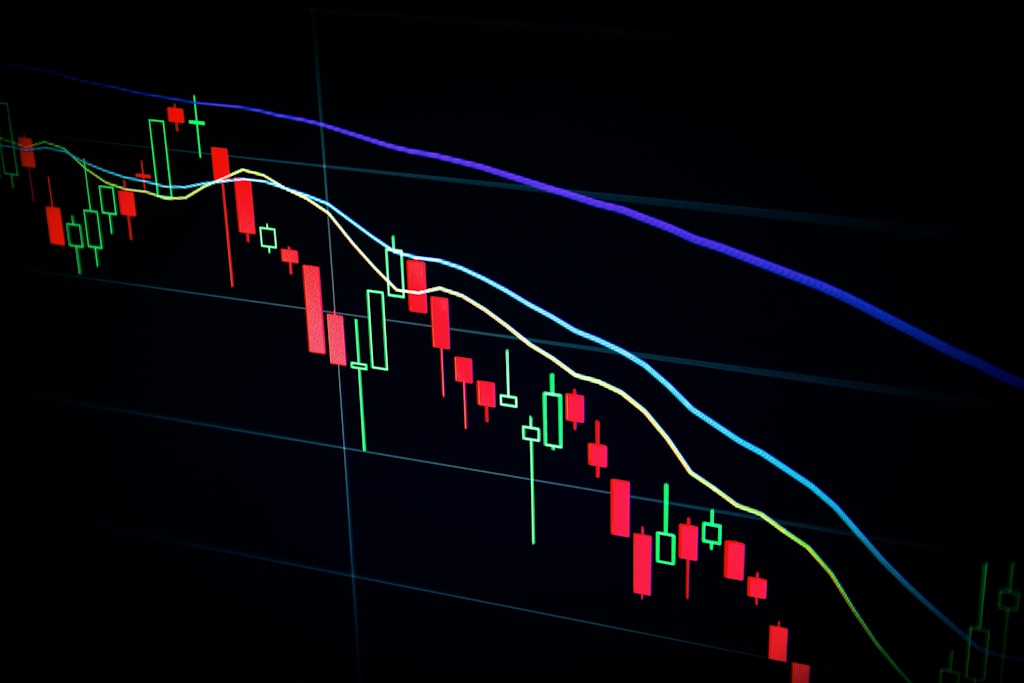Time to Read: 8 minutes
Ukrainian cybersecurity forces have uncovered a major cryptocurrency mining operation that exploited over 5,000 compromised hosting accounts, resulting in estimated losses of $4.5 million. The sophisticated cyber attack highlights the growing intersection of cybercrime and illegal crypto mining operations in Eastern Europe.
Key Takeaways:
- 35-year-old suspect arrested in Zaporizhia region
- Over 5,000 hosting accounts compromised
- $4.5 million in damages from unauthorized mining
- Remote access software used to control servers
This incident comes at a time when crypto security concerns are driving a major shift toward self-custody solutions, highlighting the importance of robust security measures in the digital asset space.
Details of the Crypto Mining Operation
The suspect, whose identity remains undisclosed, allegedly deployed sophisticated software to gain unauthorized access to thousands of hosting company servers. By hijacking these computational resources, the perpetrator was able to mine cryptocurrency without incurring the substantial costs typically associated with mining operations.
SPONSORED
Trade with confidence using advanced security features and multi-collateral support
Impact on Victims and Industry
The unauthorized mining operation had severe consequences for the hosting company and its clients:
- Degraded server performance
- Increased electricity consumption
- Compromised system security
- Financial losses exceeding $4.5 million
Law Enforcement Response
Ukrainian cyber police demonstrated their growing capabilities in combating crypto-related crimes:
- Swift identification of the suspect
- Successful raid and arrest
- Seizure of critical evidence
- International cooperation in cyber investigations
FAQ Section
How did the hacker gain access to the servers?
The suspect allegedly used specialized software to exploit vulnerabilities in the hosting company’s security systems, gaining unauthorized remote access to customer accounts.
What cryptocurrencies were being mined?
While specific cryptocurrencies haven’t been disclosed, the operation likely focused on proof-of-work coins that can be mined using standard server hardware.
How can hosting companies prevent similar attacks?
Companies should implement robust security measures, including:
- Regular security audits
- Multi-factor authentication
- Advanced monitoring systems
- Employee security training
Implications for Crypto Security
This incident underscores the ongoing challenges facing the cryptocurrency industry regarding security and illegal mining operations. As the crypto ecosystem continues to evolve, the need for enhanced security measures becomes increasingly critical.






